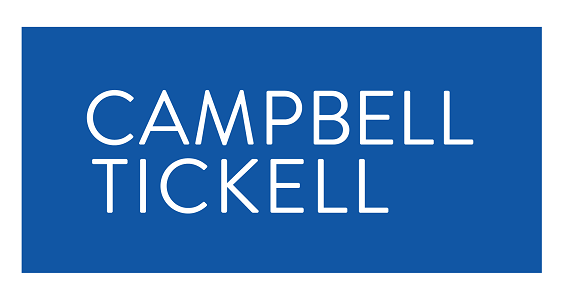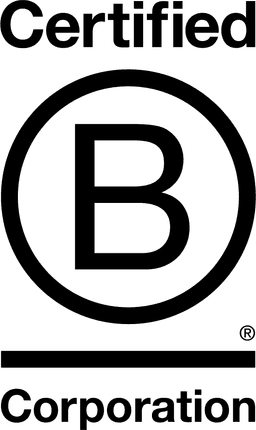

Campbell Tickell Ltd

August 2023
Management consultant - nonprofits
Service with Minor Environmental Footprint
Ireland,
United Kingdom
Campbell Tickell (CT) is a multi-disciplinary management and recruitment consultancy providing high quality services, problem-solving and advice primarily to charitable, not-for-profit and public sector organisations. CT's mission is to support their clients’ excellence in governance, resilience, performance and compliance. This enables the better delivery of their social objectives for the people, communities and organisations served. 25 years old, Campbell Tickell has worked with more than 1,000 organisations throughout the UK, Ireland and beyond. This includes: central and local government, housing associations, care providers, sports and leisure bodies, charities, and commercial organisations such as housebuilders and developers, contractors and legal firms. Campbell Tickell's services extend across: strategy and governance; finance and business planning; risk and assurance; regulation and troubleshooting; mergers and growth; business transformation; housing development and regeneration; human resources and recruitment.
Overall B Impact Score
Governance 15.9
Governance evaluates a company's overall mission, engagement around its social/environmental impact, ethics, and transparency. This section also evaluates the ability of a company to protect their mission and formally consider stakeholders in decision making through their corporate structure (e.g. benefit corporation) or corporate governing documents.
What is this? A company with an Impact Business Model is intentionally designed to create a specific positive outcome for one of its stakeholders - such as workers, community, environment, or customers.
Workers 31.8
Workers evaluates a company’s contributions to its employees’ financial security, health & safety, wellness, career development, and engagement & satisfaction. In addition, this section recognizes business models designed to benefit workers, such as companies that are at least 40% owned by non-executive employees and those that have workforce development programs to support individuals with barriers to employment.
Community 26.2
Community evaluates a company’s engagement with and impact on the communities in which it operates, hires from, and sources from. Topics include diversity, equity & inclusion, economic impact, civic engagement, charitable giving, and supply chain management. In addition, this section recognizes business models that are designed to address specific community-oriented problems, such as poverty alleviation through fair trade sourcing or distribution via microenterprises, producer cooperative models, locally focused economic development, and formal charitable giving commitments.
Environment 5.5
Environment evaluates a company’s overall environmental management practices as well as its impact on the air, climate, water, land, and biodiversity. This includes the direct impact of a company’s operations and, when applicable its supply chain and distribution channels. This section also recognizes companies with environmentally innovative production processes and those that sell products or services that have a positive environmental impact. Some examples might include products and services that create renewable energy, reduce consumption or waste, conserve land or wildlife, provide less toxic alternatives to the market, or educate people about environmental problems.
Customers 27.9
Customers evaluates a company’s stewardship of its customers through the quality of its products and services, ethical marketing, data privacy and security, and feedback channels. In addition, this section recognizes products or services that are designed to address a particular social problem for or through its customers, such as health or educational products, arts & media products, serving underserved customers/clients, and services that improve the social impact of other businesses or organizations.
What is this? A company with an Impact Business Model is intentionally designed to create a specific positive outcome for one of its stakeholders - such as workers, community, environment, or customers.